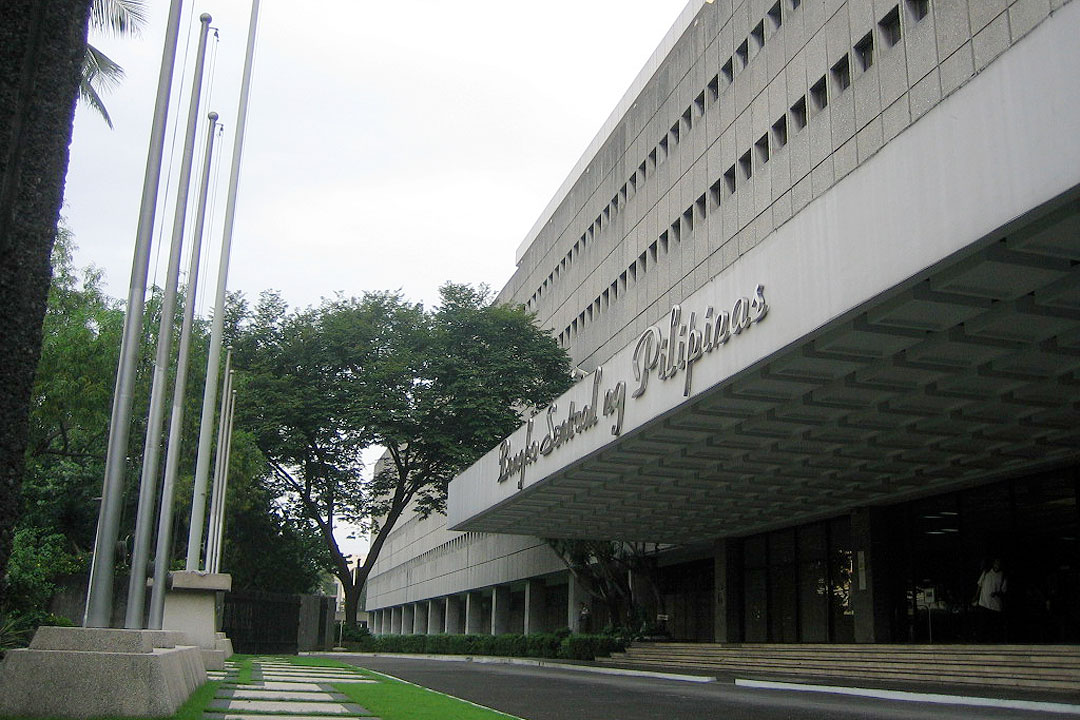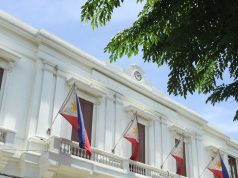BSP woos UAE investors to enter PHL Islamic finance sector

THE PHILIPPINES is an attractive investment destination for Islamic banking and finance, with an underserved market to tap into, an official from the Bangko Sentral ng Pilipinas (BSP) said on Tuesday.
BSP Assistant Governor Arifa A. Ala said in an economic briefing in Dubai that inquiries about the sector have surged after the Islamic banking law was passed before the coronavirus pandemic.
“We hope to see an investor from the UAE (United Arab Emirates),” Ms. Ala said. “The approach of the Philippine government in terms of Islamic banking and finance is very flexible… so come and please invest in the Philippines.”
The BSP has been encouraging lenders to get into Islamic banking after the sector was opened to new players following the passage of Republic Act No. 11439 or An Act Providing for the Regulation and Organization of Islamic Banks in 2019.
Changes to rules covering Islamic banking licensing, Shari’ah governance, and taxation have been instrumental in attracting more players to enter the sector, the central bank has said.
Interested market players can venture into Islamic banking in the Philippines by forming an Islamic banking unit (IBU) or a full-fledged Islamic bank, Ms. Ala said.
“The aim of the government is to provide an enabling environment wherein Islamic banks can operate alongside conventional banks. In fact, the National Government is also keen on issuing its first sovereign sukuk and this can expand our engagements with Islamic financial markets,” she said.
The Philippines is planning to launch its first-ever sukuk bond before the end of the year or early next year.
“On the opportunities, there are 115 million Filipinos, 10% of whom reside in the Bangsamoro Autonomous Region in Muslim Mindanao. Around 34% of cities and municipalities in the PHL are unbanked, so there is definitely a market to serve,” Ms. Ala said.
BSP Deputy Governor Francisco G. Dakila, Jr. earlier said there are five banks and government institutions from abroad which have expressed interest in venturing into Islamic banking in the country. — K.B. Ta-asan



